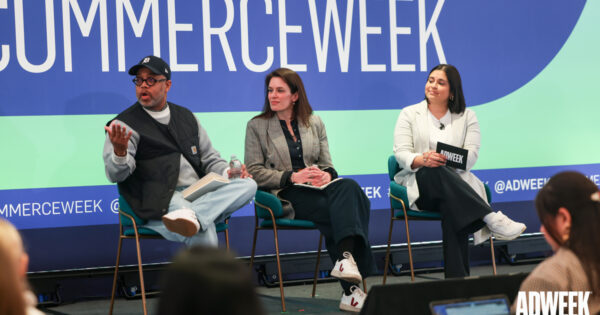
On the flip side, shoppers who purchase the traded-in apparel are paying less than they would for new items. (A Duck Insulated Bib Overall that lists for $109.99 new, for instance, can be bought in “slightly worn” condition for $72.) The lowered price, Tait said, “is another way of opening up the brand to different demographic profiles.”
Finally, there’s the burnishing a brand’s image enjoys by virtue of having a resale program at all. A resale program, Corley said, “sits adjacent to other things we do that matter to people, like community inclusion and equity.” He’s referring not only to how resale items are easier to afford for households on a modest budget, but how resale goods allow a broader range of people to participate in ecological stewardship.
“The discussion about sustainability may be a different discussion in a community that is filled with resources versus a community that may be in a rural community where they don’t,” he said.
Source link




